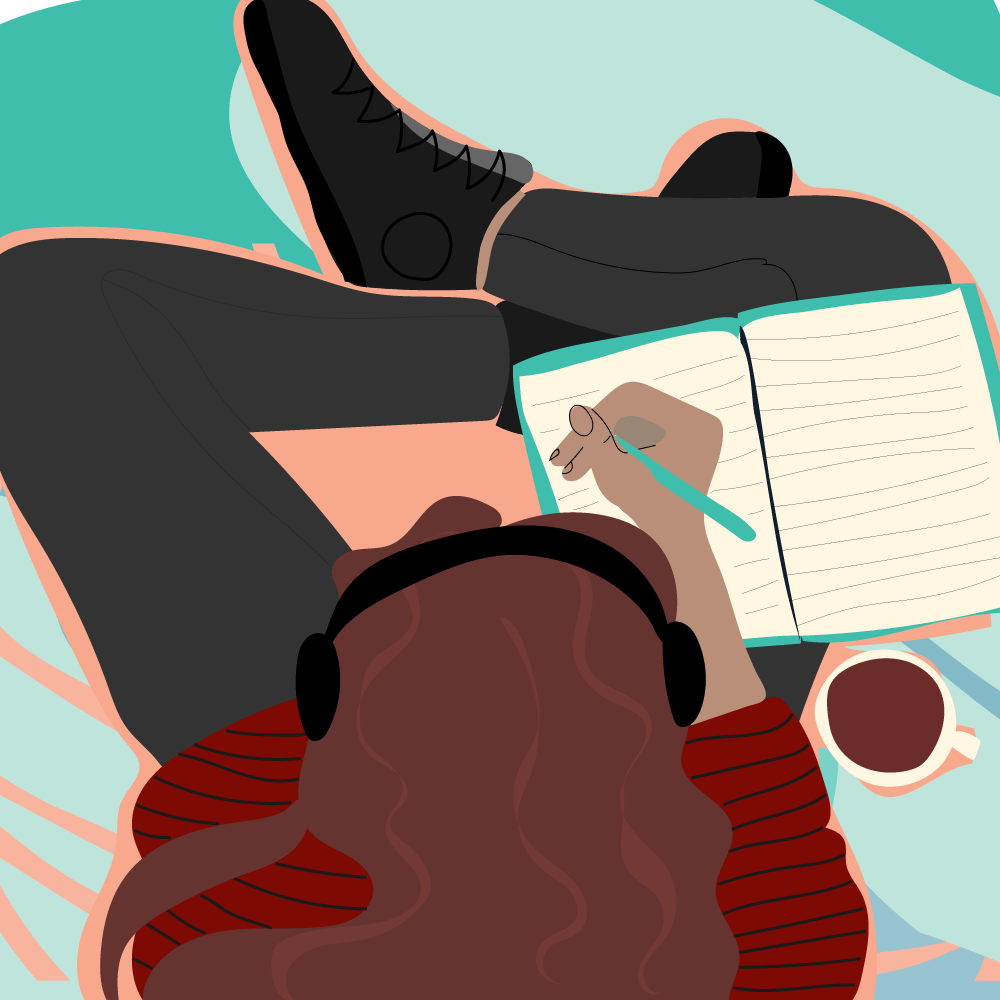
Understanding Overwhelm
What is feeling overwhelmed?
Experiencing feelings of overwhelm can happen to anyone. These may be in response to life circumstances or events that cause us to feel negative emotions and/or very uncomfortable side effects such as panic attacks, anxiety, despair, dysphoria, dizziness, or hot flushes.
These feelings of sudden overwhelm maybe in response to a trigger. Reacting to a trigger is normal, and forms part of the human experience. Sometimes we easily know what overwhelms us and can take steps to do the things that can help us feel grounded and connected. Sometimes we don’t immediately know why we are feeling overwhelmed or triggered. In those times we can still use what we know works to keep us grounded, and also reach out for extra information, ideas and supports.

“I’ve learnt that this too shall pass. Feelings come and go, they change throughout the day - no feelings are permanent, even joy passes too. Like other feeling have moved on, so will these feelings, these thoughts, they aren’t permanent”
Why do we feel overwhelmed when activated?
When we are overwhelmed or activated, it is usually our body reminding us of an emotional wound that isn’t completely healed, or an experience that deeply affected us.
Our reaction may feel disproportionate to the current situation, but this is our body responding in the same way as it may have during the original trauma. Emotional responses can often teach us about ourselves and help us to gain insight and understanding. This is why it is helpful to recognise and respond appropriately to them so they no longer keep us stuck in unhelpful patterns and reliving the same experiences.

A big part of keeping ourselves safer is understanding what our triggers are and knowing how to avoid them, or prepare for them.
What can make us feel activated and overwhelmed?
Some examples of triggers could include:
Dates and anniversaries of losses or traumas
Certain media content such as news about LGBTIQA+ hate crimes
Hearing distressing news from your country of origin
Experiencing everyday ableism such as an ableist slur in a book, movie or song
Racist micro aggressions from coworkers or friends
Each person will have different triggers, and only you can know what yours are. Identifying triggers can be helpful in coping with feelings of overwhelm.
Coping with overwhelm
By learning to recognize physical symptoms that happen to you when you’re overwhelmed and triggered (such as pounding heart or changes in your breathing) you can use grounding strategies that help you to focus on your coping strategy until you feel calm again.
Long term patterns from experiences of trauma in our lives can be difficult to cope with and sometimes seeking extra support from a counsellor or therapist can be helpful. Keep reading on the following page for ideas on getting access to further supports.




